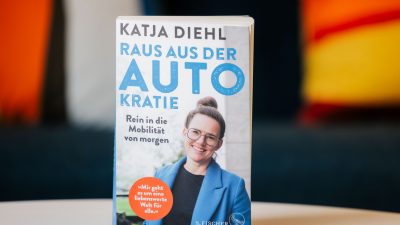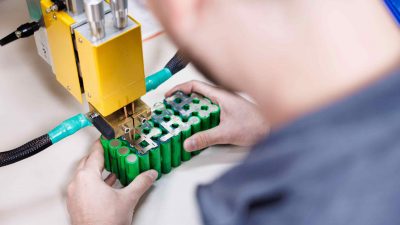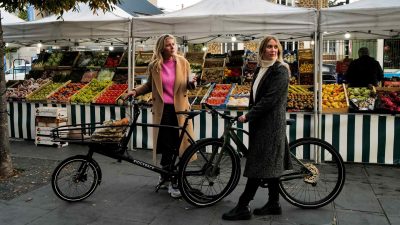Does the world still need another bicycle magazine? This was the question we asked ourselves when we decided to launch lifeCYCLE magazine in the summer of 2018. And if we were completely honest, we had to say: No, not really. Nevertheless, we did it. No, the world doesn’t need a magazine with even more news, even more advertising, even more tests. But the world needs people who ride bikes! There is a damn trivial solution to an astonishing number of human problems: the bicycle. Our motivation is to use our stories to motivate people to use their bikes and maintain a lifestyle that will give future generations a fair chance. On this page, we want to show you what the big issue of “sustainability” means to us and what other values we stand for.
The sustainable bike magazine – Overview
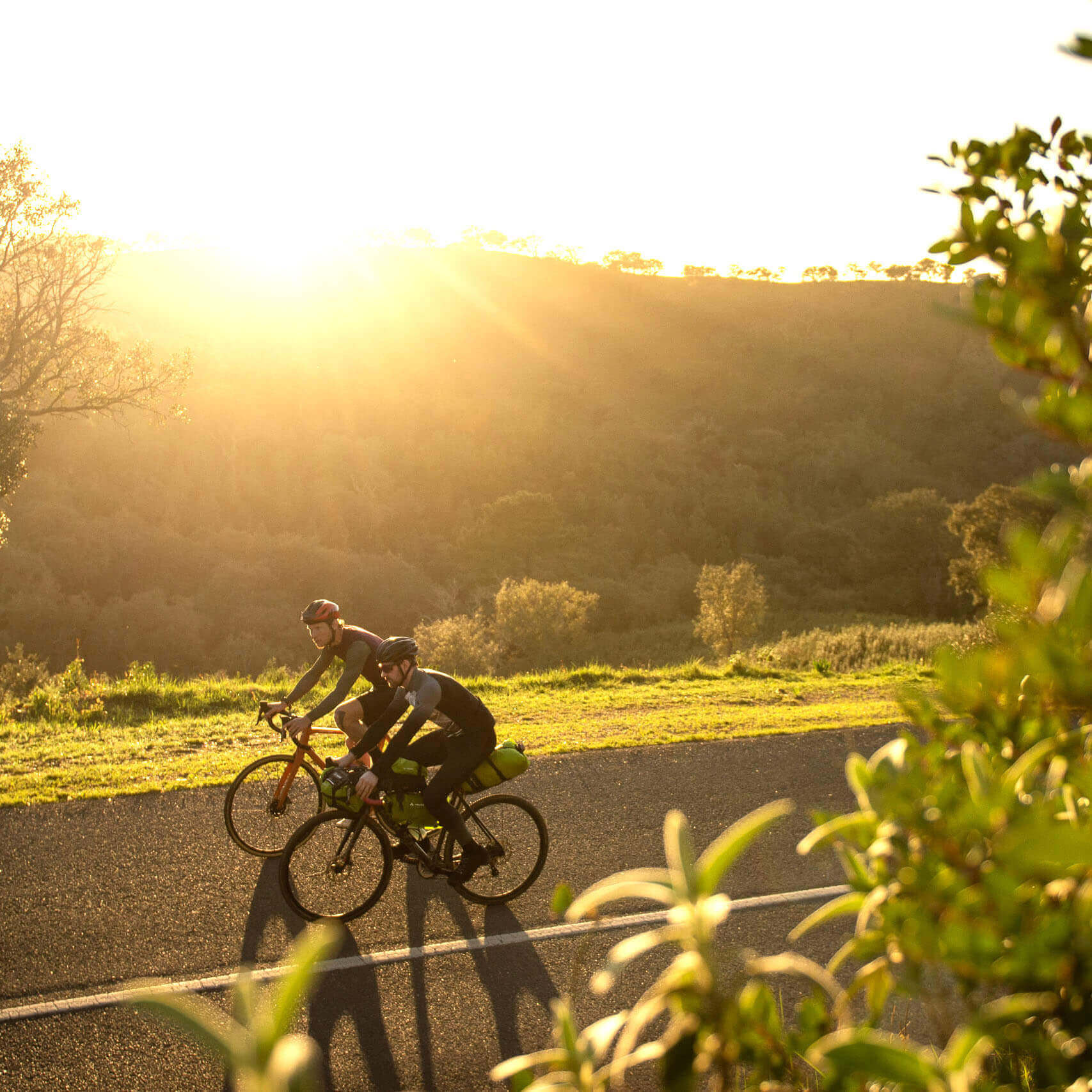
A passion for lifeCYCLE
What could be better than discovering nature by bike? With a bike you are fast enough to get around properly, but not too fast not to enjoy the beautiful nature in all its facets. Beautiful landscapes, idyllic lakes, mysterious forests or breathtaking mountain passes. The wind that blows around your nose. The sun that makes you sweat. The rain that soaks you to the skin. It is pure life. And it’s more than a hobby: it’s a passion, a way of life, and so much more than just riding a bike.
We want to treat what we love so much as best we can. The wonderful natural environment in which we love to move around must be preserved – and this is increasingly becoming a real human challenge. But how can we contribute to this? For sure, we will not save the world all alone. But we can do our part by doing what we do best: Telling stories that inspire others to change little things. And of course we don’t just tell stories, we try to leave as few traces as possible ourselves. Of course, there is always room for improvement, but somehow you have to start. We don’t have the (financial) resources to draw from, but what we can contribute to a lifestyle that is as sustainable as possible, we do.
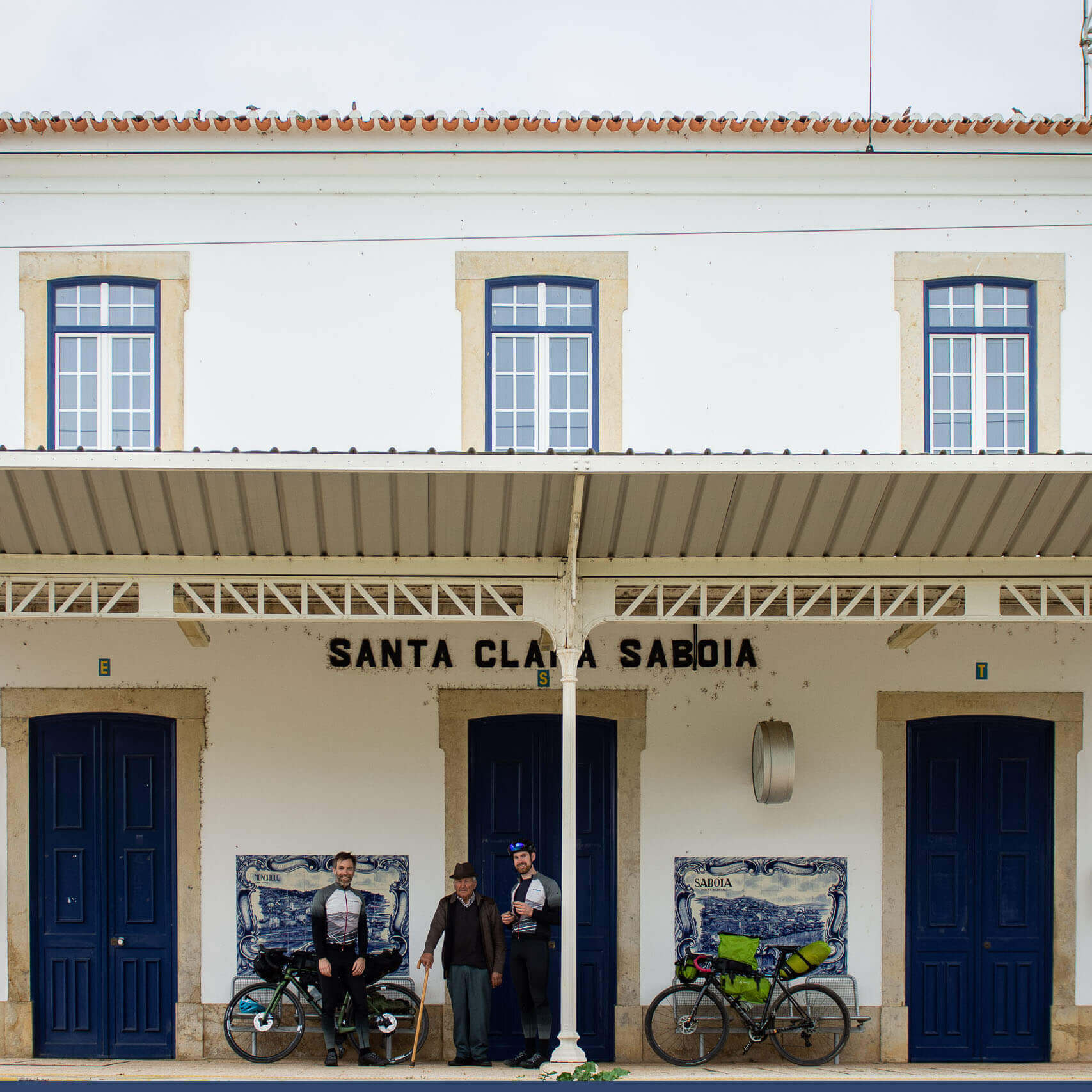
A sustainable cycling magazine? Trying to focus a blurred image
We here at lifeCYCLE magazine actually talk about this sustainability non-stop. But many others are doing it, too: jam makers, books, discussion groups, car companies, politics, and, really, all the other players in the public eye. The question is: Is everyone really talking about the same thing? To clarify what we mean by sustainability, here are some answers to common questions as well as a definition of the term “sustainability” and our interpretation of it.
What actually is sustainability?
So let’s be honest: Who doesn’t like to use the word sustainability? Just in between a conversation with the neighbor or in the office when it comes to collecting new ideas. When sustainability comes into play, everything is always just that little bit better, more sensible and smarter.
This has slowly taken on certain proportions, so that no one can actually say exactly what sustainability actually is anymore. If we make a potpourri of all the perceived terms that a sustainable product seems to have, we get something green, natural, local, maybe made of wood, but definitely Unpacked thingwhich works without a combustion engine, but with regenerative energies and where no smoke comes out the back, but also the front.
The best thing is that nothing comes out at all and nothing was used in the production and if something was used, then it was “upcycled”. “DIY” was also still in play. When you don’t need it anymore or it breaks, it doesn’t leave any residue and doesn’t need to be disposed of in a cumbersome way. It could say organic, but at least organic, Fairtrade anyway and if it comes really good, then it is also vegan.
If we distance ourselves from “sustainable” products and present a “sustainable” way of life in a striking way, then there is someone who rides a bicycle and only very rarely uses the e-car, goes shopping in the organic food store, but only gets there what cannot be grown himself. A person who flies little, wears second hand clothes or at least fair trade clothes, consumes little and consciously, shares a lot and simply tries to keep theircarbon footprint as low as possible. Tensely, this someone is annoyed by every sheet of toilet paper he has to use. And of course “he” can just as well be a “she” or even come across as “diverse”.
There is no doubt that the roots lie with Carl von Carlowitz, who was the chief miner in the Ore Mountains from 1711 to 1714. His idea of only cutting down as many trees as can grow back is considered the guiding principle of sustainability. In the further course of the debate, this led to the basic idea that all currently available resources can only be used up to the extent that future generations must not be worse off than the current generation. Of course, when we think of resources, we first think of oil, wood, coal and so on. But of course, this is much too short-sighted.
To make it clear which factors play a role in the sustainability consideration, the dimensions of sustainability emerged. Since 1998, the three dimensions have existed: Ecology, Social and Economy.
lifeCYCLE as a sustainable cycling magazine: What does that mean in concrete terms?
We have really put a lot of thought into how we can make lifeCYCLE something special, something particularly sustainable. Here are many, though certainly not all, of the measures we are implementing to achieve this:
- First of all, the most important rule: no cars, no flights – we cycle or take the train!
- We want to do “slow media”. That’s why lifeCYCLE is only published four times a year. Our topics range from long-lasting to timeless – for the latest news and product tests, visit our website.
- We only sell online via our website. This means we can do without the resource-intensive German magazine distribution system, which is an absurdity: We would have to print an insane number of issues to be distributed everywhere. That costs an insane amount of money, which would immediately put us under massive financial pressure (in other words: we would have to sell advertising deals at any price). Worse still, as only a fraction of the print run is sold with this system, most of the magazines would end up in the paper bin after a month. We print as many magazines as we can sell. We don’t waste any magazine.
- We act regionally. Whether with the print shop around the corner or with our choice of topics. Germany and the neighbouring countries have enough to offer to fill many magazines!
- We produce as climate-friendly as possible. A large solar system on the roof produces most of the electricity needed for the office part of the magazine. When the sun isn’t shining, we buy real green electricity from Bürgerwerke. We still use gas for heating, which we also obtain as biogas from Bürgerwerke.
- We are committed to a sustainable society. For example, by organising or participating in Critical Masses, through our cargo bike project or through individual regional cycling projects.
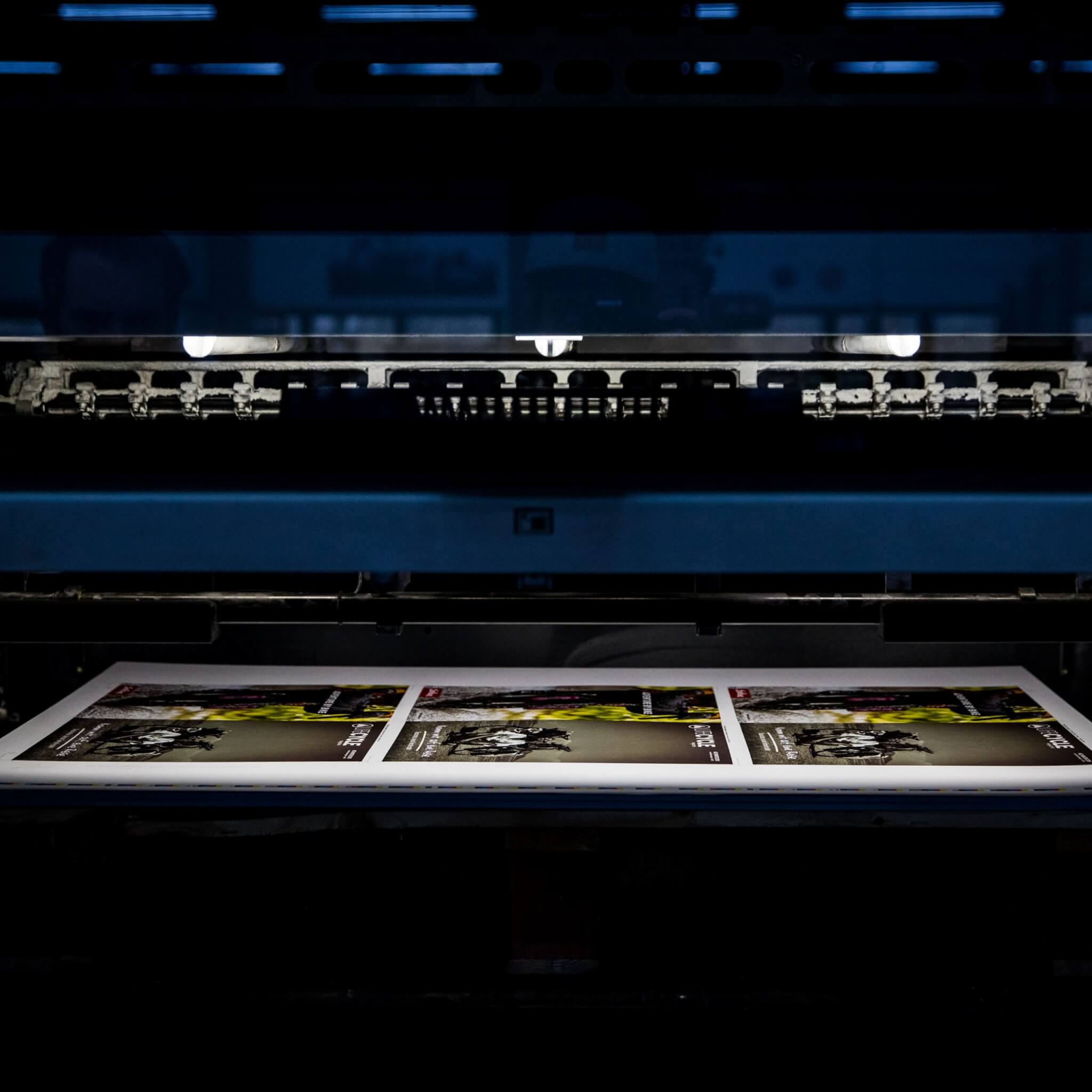
What other values lifeCYCLE stands for
Made with ♥
And: Made “around the corner”. We deliberately chose a print shop very close to us that works according to clear ecological specifications and is certified accordingly. Our magazine is printed here on 100 percent recycled paper. What’s more, we can see for ourselves on site and the finished booklet only needs to travel around 50 kilometers before it finally reaches us.
Stories that want to inspire
We at lifeCYCLE magazine are particularly concerned with a subcategory of sustainability, namely sustainable mobility. That should be much more tangible, right? Riding a bike is sustainable, driving a car is not. E-cars are better than those with combustion engines, car sharing leads to a relief of traffic in cities. However, after some further attempts at definition and research, one comes to the realization that for every perceived fact, there is a bitter truth. For example, these: Car sharing brings more traffic into cities. And much worse, car companies are using car sharing as a sales channel and for marketing purposes.
But why do people so often take good ideas “ad absurdum”? Perhaps the answer is quite simple: because they can. The sheer infinite technical possibilities combined with social pressure mean that people move around non-stop. Both in leisure time and in the office, they succeed in consolidating and building up their social status through rampant mobility. Sure, what sounds more interesting: Cycling vacation in Iceland or cycling vacation in Saxony Anhalt? And we’re not even just talking about vacations: living in Hamburg – working in Berlin, commuting from Stuttgart to Leipzig every week, going to London for a concert, and so on. If we’re honest, we just have a hard time staying in one place.
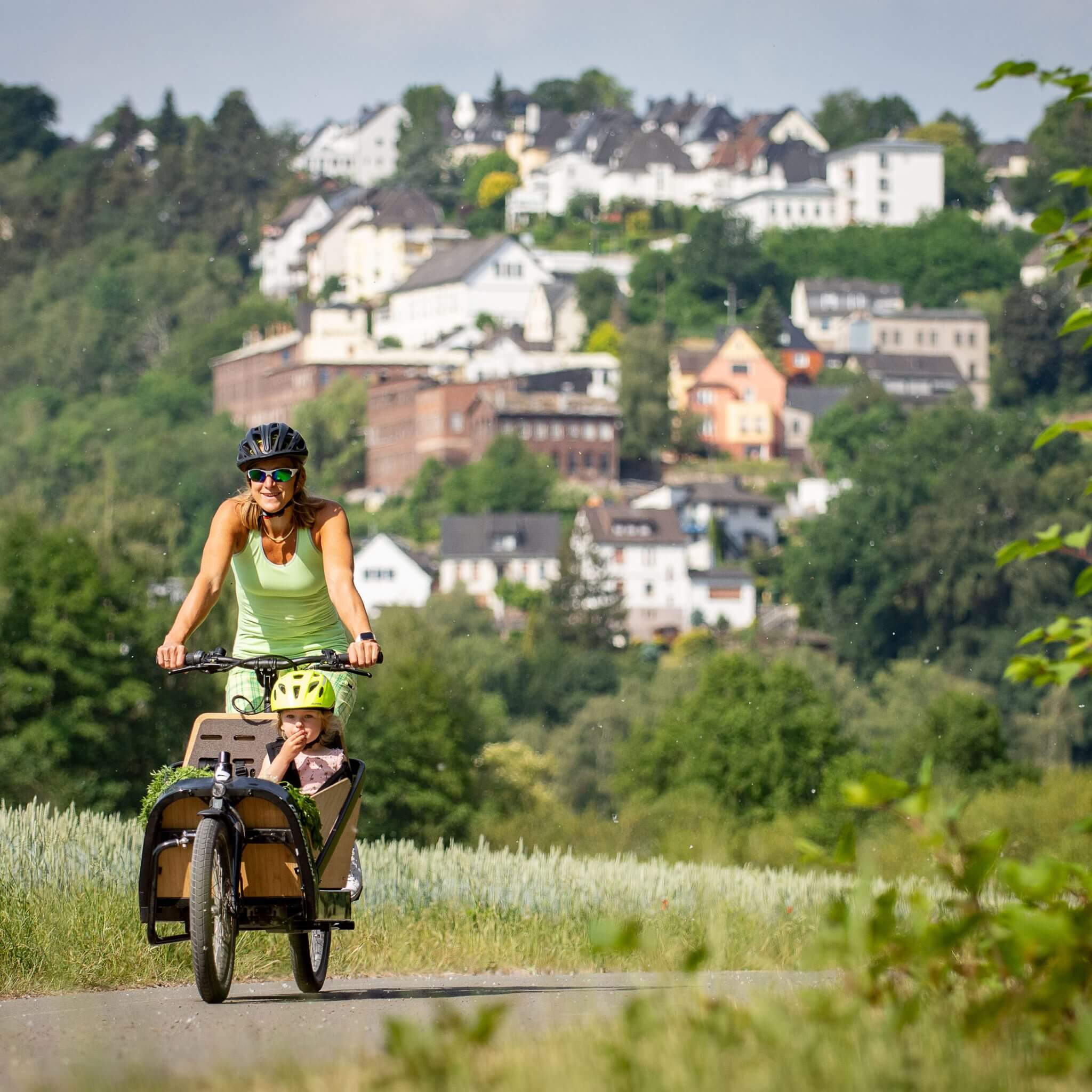
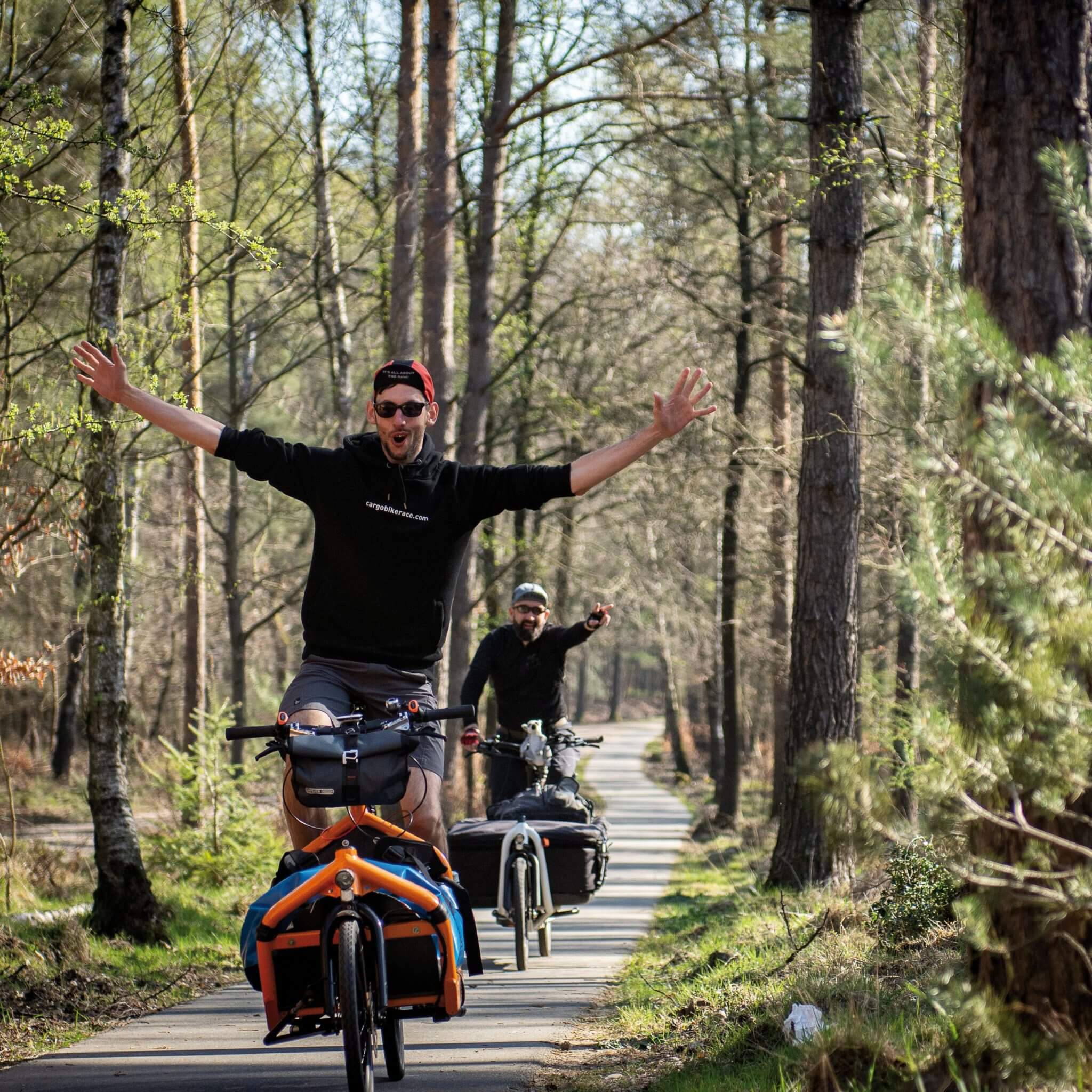
This is where our stories come in. From our own experience, we can and will tell everyone: Less is sometimes so much more! That’s why we believe that everyone who deals with the topic and makes even a small contribution is important. Anyone who has the feeling of being constantly on the move (whatever the move may be) but never arriving should consider why this is so. According to our understanding of sustainability, this principle should apply to everything. All people have needs, but not all of them need to be satisfied constantly and immediately. We do not live and act in a vacuum, but because of and with everyone else.
Everyone can participate!
But of course, that’s not enough by a long shot. If everyone sees sustainability only as a constraint and not as a benefit, we won’t get anywhere. That means rethinking and having fun doing it. The goal must be not to take anything away from future generations, but at least to preserve current resources. It is almost easy to apply the golden rule that every child knows: Do unto others as you would have them do unto you. In other words, what you like and would like to have in the future, preserve by all means. And even if it feels restrictive at first, it doesn’t have to be for the long term.
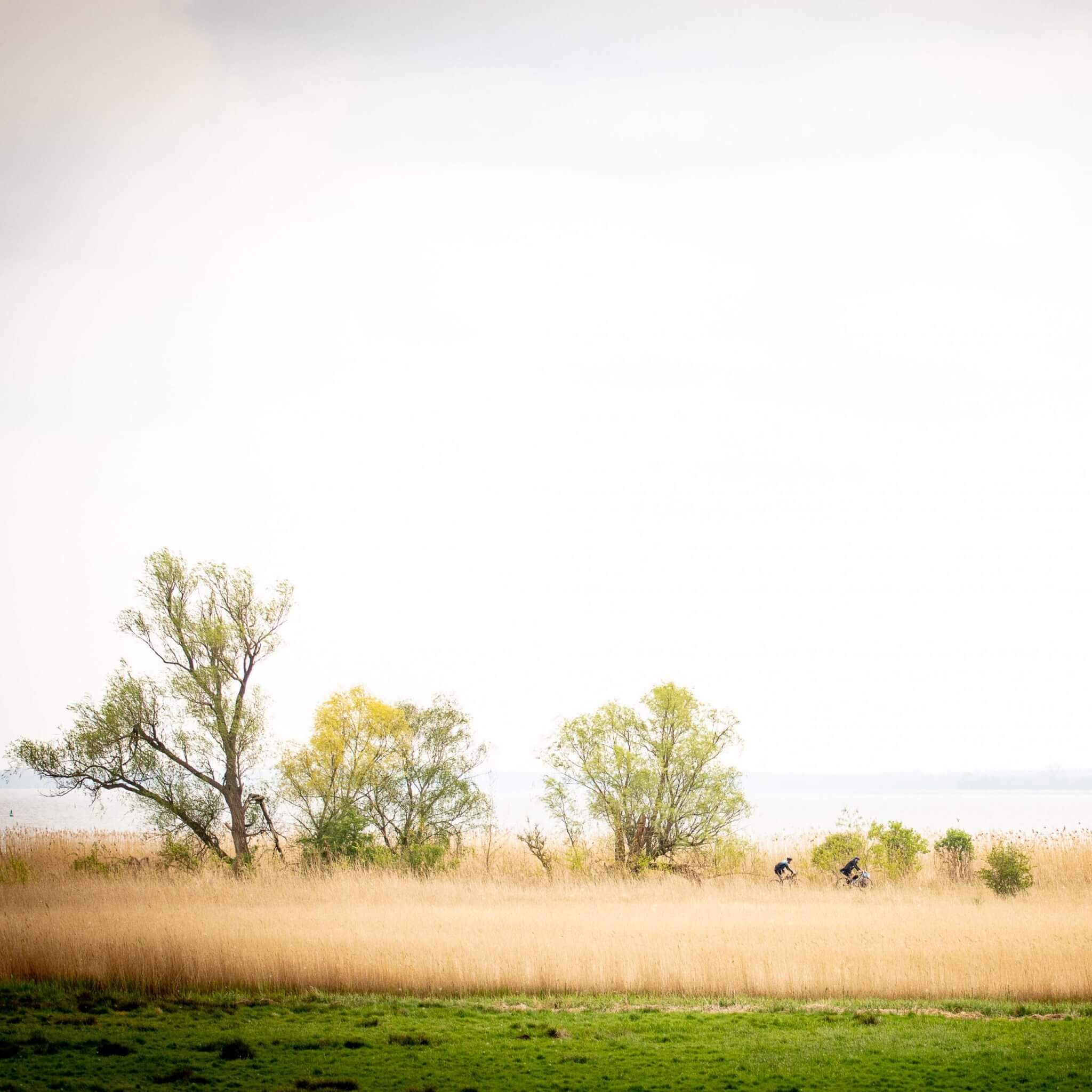
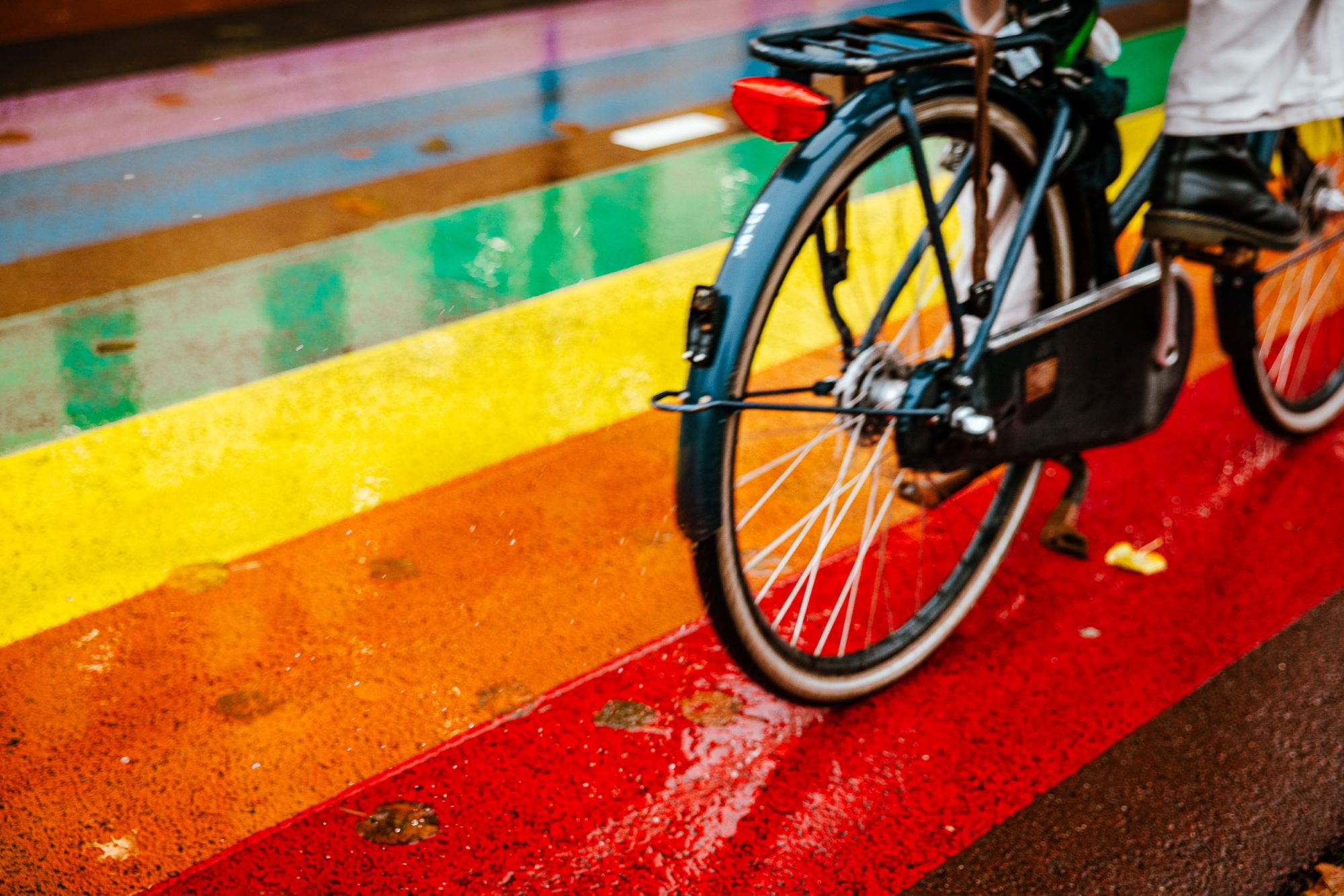
Everyone is welcome – except arseholes.
lifeCYCLE stands for diversity. No matter what bike, no matter what gender, no matter what sexual orientation. Tolerance towards others is a valuable asset. Anyone who only thinks about themselves, only sees their own prosperity in the here and now and doesn’t care what happens to our planet in the future is a selfish arsehole in our eyes. Arseholes are the only exception to our philosophy of tolerance and diversity.
